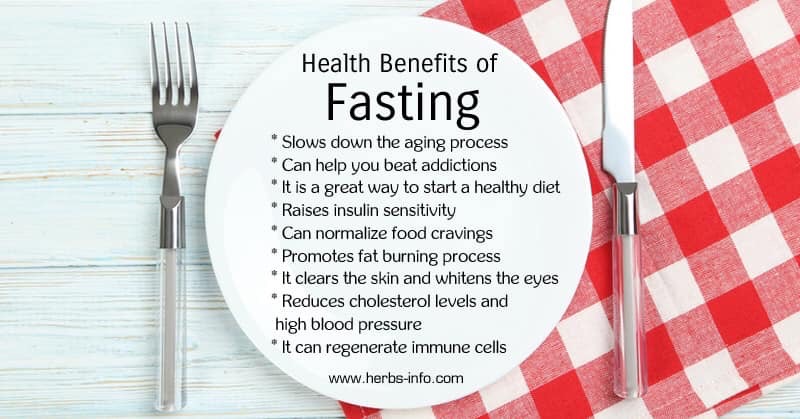Have you ever thought about how stress and stressing about food can impact the way you digest? Being overly stressed about food choices and feeling bad about what we put into our mouth has an impact on your digestive system.
How stress impacts digestion:
When faced with perceived danger, your body’s stress response sets off physiological symptoms such as hormone changes to blood sugar shifts. The response our body gives may lengthen the time it takes for food to move through the digestive tract, slow the production of digestive secretions, and make the muscle contractions involved in digestion sluggish. Acute stress may also temporarily change the composition of the microbiome. This causes food eaten in a stressed-out a lesser change of optimal digestion.
If you, for example, had a big breakfast, then went to work, got presented with an emergency case and therefore caused some stress, you will later struggle with digestion. Your body felt that stress and as a result the food that was sititng in your stomach didn’t get our of your stomach as fast as it should have. The outcome: indigestion, bloating, nausea, heartburn, stomach pain, constipation or diarrhea.
Now, what can you do?
- Mindful eating: Personally I’m a big fan of mindful eating. I have experienced the feeling of rushing and gobbling down my food and feeling quite unwell afterwards. Mindful eating encourages you to be present. The state of calm and relaxation supports optimal digestion.
- Eating slowly: I love eating slowly whenever I can. Eating slowly will help break down food, helps saliva bind to food, and promotes the production of enzymes in saliva that trigger other digestive processes.
- Meditation: I can highly recommend to take some time away from all the noise and soothe your nervous system with a walk in nature, slow and deep breathing and even visualization. Meditation helps shift the nervous system to parasympathetic dominance, a state that supports digestion.
- AWARENESS: Feel into your body. Are you bored, emotional or simply following a strict eating routine without listening to what your body really wants at that moment in time? Pay attention to your hunger cues help you to become more aware of hunger and fullness. Use all your senses: Feel, taste, smell and look at your food and this can trigger the release of digestive secretions, and better identify emotions attached to certain foods.
- Babysteps: Integrate your new way of eating one step at a time or as often as you can.



